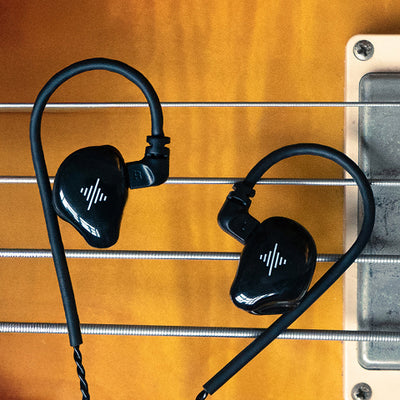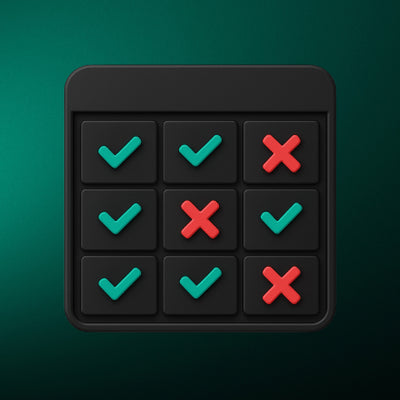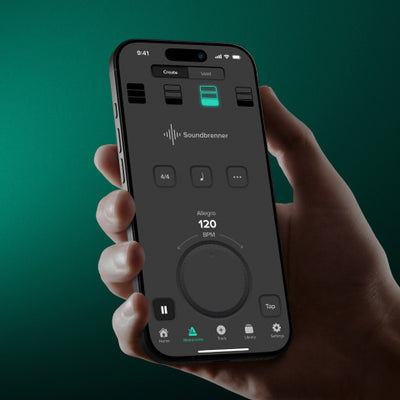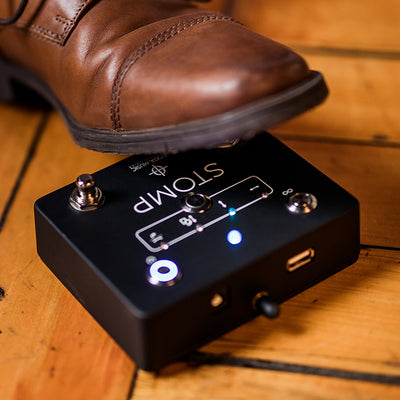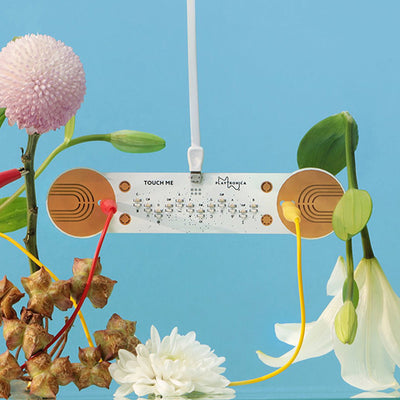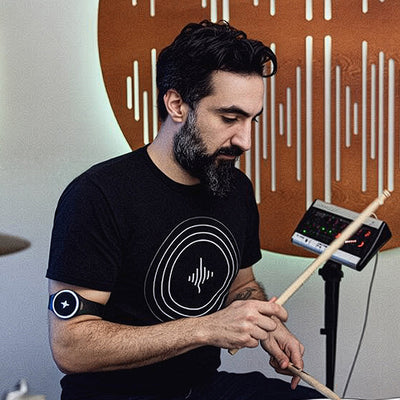Blog5 min read
Finding your rhythm: Strategies to stay motivated in music practice
Here are our best tips and tricks to finding your rhythm. Strategies to stay motivated in music practice that will help you improve.

More and more often we feel that the rhythm of life is so fast that it often takes our breath away. It is fast-paced and sometimes even unpredictable. So, it is vital not to lose your motivation. Everyone has a unique motivation. Including students who are in love with music. And since they are a priori creative people who can often have mood swings in their performance, keeping motivation in their music practice becomes one of the most important topics for them. During college years, many have to face challenges that can greatly affect your enthusiasm and fluctuate the desire to improve skills. That's why we're going to try to understand this issue. Specifically, we will look at strategies that will help to stay motivated and ways on finding your rhythm.
Understanding your rhythm
It is vital to understand and feel your rhythm, which can be called the balance of life outside of music and learning it. That is, it is important to determine the optimal time for practicing. The time when you feel the greatest burst of energy and high concentration. Try to plan your day from this perspective. Determine the periods of peak activity and set them aside for music practice.
Often, students who combine intensive music practice with academic studies feel an urgent need for additional help, especially essay help. If you feel that the workload has become too much, but you don't want to lose focus on music, you should pay attention to an essay maker to protect yourself from failure during your studies. There are different services available, but if you are interested in a high-quality essay that meets high standards, choose an essay writing service that has earned a positive reputation. Such a service will have many writers, but each essay maker will be distinguished by a long professional experience and examples of successful works. Thus, your work will meet all the requirements of the college and the teacher from whom you received the assignment, and you will remain motivated to continue your musical practice.
Create a Practice Schedule
Create a clear schedule for your music practice. It should be determined not only by the duration but also by the distribution of time for specific tasks. In other words, divide your time into fragments, each of which will correspond to different areas of your musical training. That is a separate technique and theory. It can also be time to improve improvisation, study music history, etc. This approach will help you maintain variety in your practice and avoid monotony.
It is essential to create a schedule where the areas of nonmusical learning and music practice are not mutually exclusive but harmoniously combined. Schedule your music lessons so that they complement and enrich your academic study.

New Books and Like-minded Musicians
Keeping yourself motivated by periodically updating your repertoire and getting to know new pieces can also help. Pay attention to new books that will expand your knowledge of music theory and history. Don't stop being interested. Discover new genres and authors. Such practices help you to keep your interest in music composition alive and help with finding your rhythm.
And don't worry, even if you are a final year student, you must write a high-level academic paper. And it also seems like you don't have enough time for everything. If you feel that you need help with writing professional texts, do not neglect to contact custom writing professionals, because success should be mutual. The success of your music career and the successful completion of the semester or your studies in general. By ordering custom writing services, you can continue to focus on your music practice without being distracted by coursework or other assignments. With such a supportive resource, you will get help where you need it and ensure that you balance your academic and creative efforts.
Join the Music Community
Create and maintain connections with other musicians. You can do this by joining music bands, online communities, or local events. Share your experiences. It's not just important. Communicating with musicians in your circle, as well as others, will always inspire you. This mutual inspiration usually becomes a catalyst for creating music together. Moreover, such processes often provide an additional incentive for practice, further development, musical improvement, and finding your rhythm.
We hope that implementing the above strategies into your daily life will help you find inner balance and equilibrium. These, in turn, will have a positive impact on both your academic performance and your motivation to do what you love. This way, you will maintain your unique rhythm and keep the joy of music alive even during the most intense periods of study.
Author: Barry Ramos
Blog author about routines, challenges, and student hobbies. Writes essays on psychological, social, and artistic topics. Researcher of the impact of music on academic performance.














